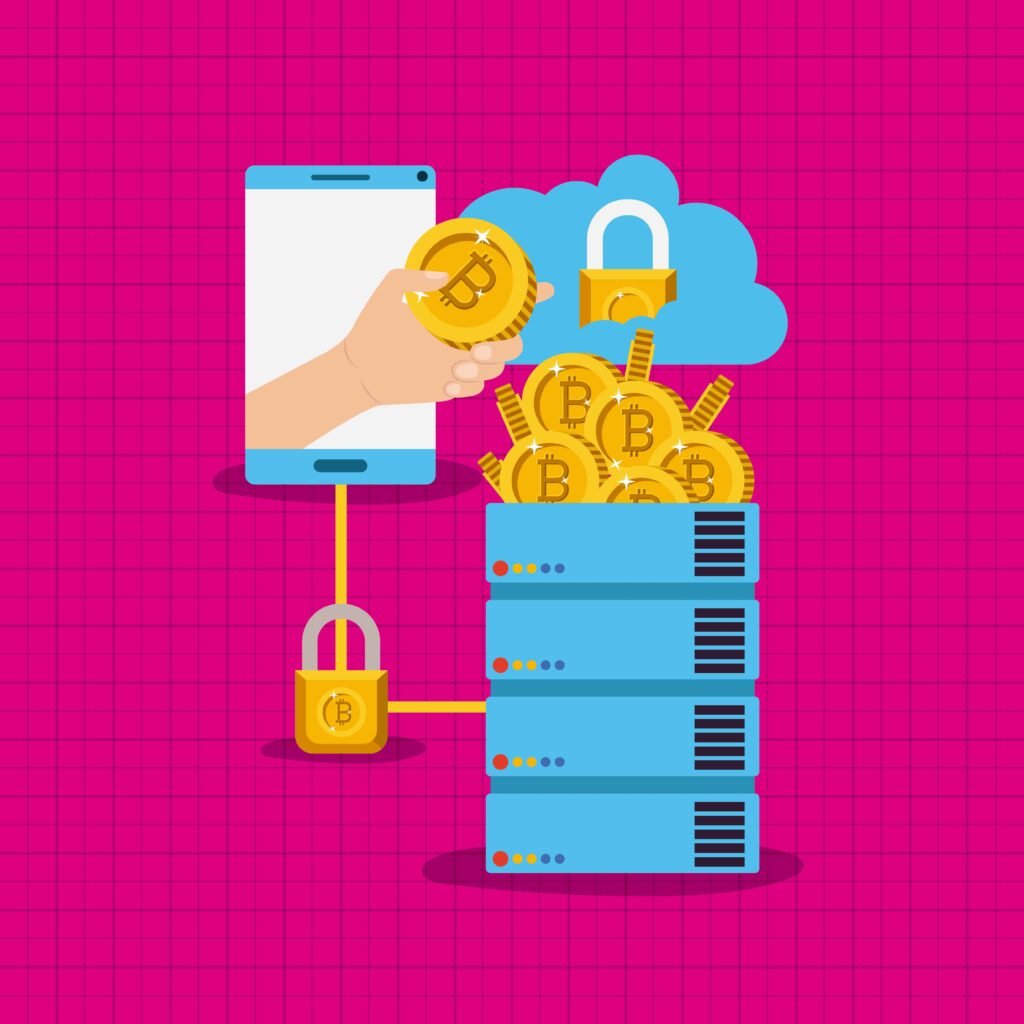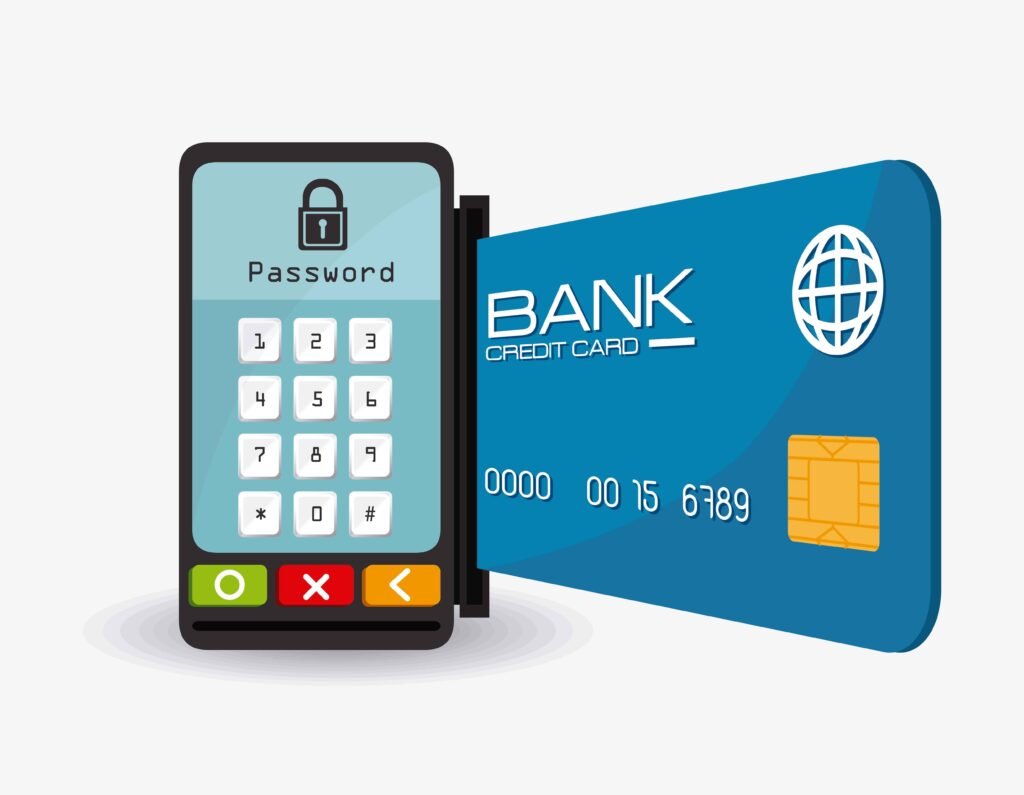Before diving into the selection process, it’s crucial to understand what is the cryptocurrency wallet; and how to choose best crypto wallet. A cryptocurrency wallet is a digital tool that allows users to store, send, and receive cryptocurrencies like Bitcoin, Ethereum, and others. Unlike a physical wallet that holds cash, a crypto wallet stores private and public keys, which are essential for accessing and managing your digital assets.
Types of Cryptocurrency Wallets
Hardware Wallets
Hardware wallets securely store your private keys offline using physical devices. Because they aren’t connected to the internet, they offer one of the safest ways to protect your keys from online hackers. Popular hardware wallets include Trezor and Ledger.
| Pros ✅ | Cons ❌ |
| High level of security | More expensive |
| Offline storage reduces hacking risks | Less convenient for frequent transactions |
| Supports multiple cryptocurrencies |
Comparison of Popular Hardware Wallets
| Feature | Ledger Nano X | Trezor Model T |
|---|---|---|
| Price | $119 | $169 |
| Cryptocurrencies Supported | 1800+ | 1000+ |
| Display | OLED Screen | Touchscreen |
| Connectivity | Bluetooth, USB | USB-C |
| Backup | Recovery Seed | Recovery Seed |
Software Wallets
Software wallets are applications you can install on your computer or mobile device. They offer a convenient way to access your crypto assets and can be divided into desktop, mobile, and online wallets.
| Pros ✅ | Cons ❌ |
| Easy to use | Vulnerable to malware and hacking |
| Often free | Depend on the security of the host device |
| Accessible from multiple devices |

Paper Wallets
A paper wallet is essentially a piece of paper that holds your private and public keys. They are generated offline, providing high security if stored properly.
| Pros ✅ | Cons ❌ |
| Complete offline storage | Can be easily lost or damaged |
| Immune to online threats | Requires manual input for transactions |
Web Wallets
Web wallets, or online wallets, are hosted by third parties and accessible through a web browser. They are convenient but pose significant security risks if the hosting service is compromised.
| Pros ✅ | Cons ❌ |
| Accessible from anywhere with internet | Security depends on the provider |
| Easy to use like a online banking | Vulnerable to phishing and hacking |
Key Features to Consider
Security
Security is the most crucial aspect when choosing a cryptocurrency wallet. Look for wallets that offer features such as two-factor authentication (2FA), multi-signature support, and strong encryption.

Compatibility
Ensure the wallet you choose supports the specific cryptocurrencies you plan to store. Not all wallets support every cryptocurrency, so compatibility is essential.
User Experience
A user-friendly interface can make managing your crypto assets much easier. Consider wallets with intuitive designs and easy navigation, especially if you’re new to cryptocurrencies.
Wallet Backup & Recovery Options
Accidents happen, so having a reliable backup and recovery process is vital. Most wallets offer a recovery seed phrase that can be used to restore access to your funds. Check our previously published article on Cryptocurrency Exchanges.
Backup and Recovery Comparison
| Wallet Type | Backup Method | Ease of Recovery | Additional Notes |
|---|---|---|---|
| Hardware | Recovery Seed | High | Store seed securely |
| Software | Recovery Seed | High | Regular backups recommended |
| Paper | Physical Copy | Moderate | Ensure multiple secure copies |
| Web | Provider Backup | Variable | Depends on service provider security |
Customer Support
Good customer support can be a lifesaver, especially when you’re dealing with financial assets. Check if the wallet provider offers responsive and helpful customer support.
Development Community
A strong development community can indicate the reliability and continuous improvement of a wallet. Wallets supported by active and reputable teams are generally more secure and feature-rich.
Step-by-Step Guide to Choosing the Right Crypto Wallet
Step 1: Identify Your Needs
Determine what you need from a wallet. Are you looking for high security, ease of use, or support for multiple cryptocurrencies? Understanding your priorities will narrow down your choices. Read our previously published article on Top Crypto & Forex Trading Firms.

Step 2: Research Wallet Options
Conduct thorough research on different wallets available. Read reviews, compare features, and evaluate security measures. Trusted sources like crypto forums and official websites can provide valuable insights.
Step 3: Check Compatibility
Make sure the wallet supports all the cryptocurrencies you plan to hold. This step is crucial to avoid compatibility issues later on.
Step 4: Evaluate Security Features
Review the security features of each wallet; opt for wallets with robust security measures like 2FA, encryption, and multi-signature support.
Step 5: Test the User Experience
If possible, test the wallet’s interface before committing. Some wallets offer demo versions or tutorials that can help you get a feel for their usability.
Step 6: Consider Backup and Recovery
Check the backup and recovery options. Ensure you understand how to back up your wallet and the process to recover your funds in case of loss.
Step 7: Look for Customer Support
Investigate the customer support services offered by the wallet provider. Quick and effective support can be crucial in resolving issues.
Step 8: Review the Development Community
Look into the development team and community behind the wallet. Active development indicates ongoing improvements and better security.
Step 9: Make an Informed Decision
Based on your research and evaluations, choose the wallet that best meets your needs. Ensure you’re comfortable with its features, security, and usability. Read our previously published article on 10 Most Popular Bitcoin the World of Altcoins.
Conclusion
Choosing the right cryptocurrency wallet is a critical step in managing your digital assets securely and efficiently. By understanding the different types of wallets, evaluating key features, and following a systematic selection process, you can make an informed decision that aligns with your needs and priorities. Remember, the best wallet for you depends on your specific requirements, so take the time to research and choose wisely.




